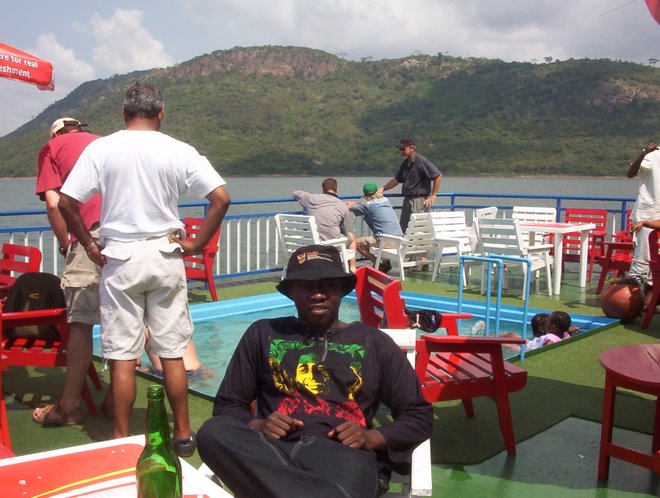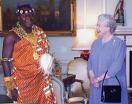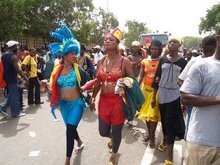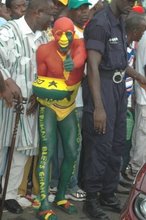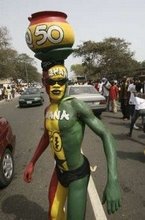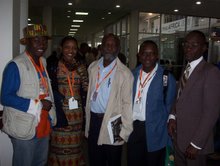Sachet water producers in Ashanti increase prices

The hike from 5pesewas to 10pesewas represents a 100percent increment.
The Sachet Water Producers Association in Ashanti which made the announcement said the increment was to take effect from Monday February 21, 2011.
They blamed the hike on an increased cost of production which they said was draining them. Almost all producers in the region run transport services which distributes the product.
“Our cost of distribution has gone up drastically due to increases in fuel prices and vehicle spare parts”, Mr Eric Forson a member of the producers association told the Daily Graphic.
He argued that prices or sachet water have not been increased since 2007 even though prices of other commodities kept going up.
In 2007 it was increased from 2pesewas to 5pesewas.
“For the moment we are dying as cost of spares have gone up”, Mr Kofi Antwi-Adjei Secretary of the producers association said.
He said if prices were not increased many producers may be forced to lay off some of their workers in the coming months.
The producers currently offload the commodity to retailers at 70pesewas per a sack of 30pieces. The retailers in turn sell at 5pesewas and make a commission of 70pesewas.
They now intends to offload a sack of 30pieces at GH¢1.50p to retailers for them to sell at 10pesewas per sachet.
For the ordinary consumer on the street some think that the new price would be too expensive to afford.
Mr Akwasi Agyemang, a former player of Kumasi Cornerstones told the Daily Graphic it would be unbearable on his pocket.
He said the conventional method of selling iced water in cups which had to make way for the sachet ones for reasons bothering on hygiene may have to come back if prices were to be increased this way.
“What is happening is not good for us. How can common water be this expensive”, he questioned.
He argued that government may have to step in and said this explains why free markets were sometimes not good for consumers.
Yaw Afrifa, a Kumasi resident on his part also thinks that even though the new price would be expensive, he felt the producers have no alternative as a result of the increased production cost.
“When there was no sachet water, we were drinking our natural water, and non of us died and if pure water producers say they are not ready to reduce the price of pure water, we are ready to go back to our normal water. It is not compulsory for us to drink pure water and we will not die” Maame Akosua Pokua from Santasi said.
“Our natural water is what our fore-fathers gave to us, we never died and I believe that there will not be any health problem as the case may be. It is even this pure water that has caused lots of health hazards in us”, she added.
Before the advent of pure water in Ghana, there was a great patronage for ‘ice water’ by people who could not afford bottled water. It was sold in cups and when concerns of hygiene were raised, the sellers started putting them in plastic bags (wraps).
When further hygiene concerns were raised, the sealed sachet method was introduced and the former was referred to as “panyin de panyin”.
Those who patronised ice water in cups and in plastic wraps were not concerned about standard even as glaring as it was that drinking bad water had its consequences until the sachet method completely took over the market.





